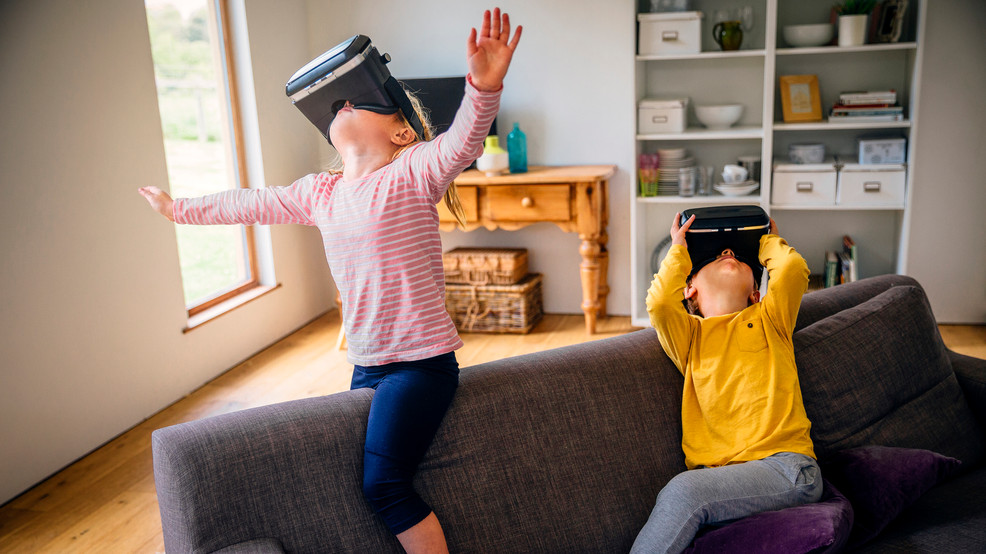Virtual reality (VR) technology has revolutionized the way we interact with the world and with each other. However, with great power comes great responsibility, and as VR becomes more mainstream, it is imperative that we take steps to ensure the safety of vulnerable groups, particularly children.

Recently, Meta, the parent company of Facebook, announced plans to allow minors to have access to its virtual reality social space, Meta Horizons. While this move is undoubtedly exciting for young VR enthusiasts, it also raises concerns about child safety in online spaces.
The internet is already rife with risks for children, and virtual reality adds a new layer of complexity to this issue. In VR social spaces, users can interact with each other in ways that feel more immersive and lifelike than in traditional online environments. This can make it difficult for children to distinguish between reality and virtual reality, and they may be more likely to disclose personal information or engage in risky behaviors.

Furthermore, the potential for inappropriate content or interactions in VR social spaces is significant. While Meta has stated that it will have safeguards in place to prevent minors from accessing inappropriate content or interacting with adult users, it remains to be seen how effective these measures will be. In the past, social media platforms have struggled to adequately police their content and protect users from harm, and it is unclear whether virtual reality will present similar challenges.
Given these concerns, it is essential that we establish clear regulations for virtual reality social spaces to protect children. These regulations could include requirements for parental consent, age verification, and strict content moderation policies. Additionally, VR companies should be required to provide comprehensive safety training for users, particularly children, to help them understand the risks of online interactions and how to protect themselves from harm.

Of course, implementing these regulations will not be easy, and there will undoubtedly be challenges and debates about the best way to ensure child safety in virtual reality. However, given the potential risks and the increasing popularity of VR technology, it is essential that we take action to protect vulnerable users, particularly children.
In conclusion, while the prospect of children being able to experience virtual reality social spaces is exciting, it is vital that we prioritize their safety above all else. As Meta and other VR companies move forward with their plans to expand their platforms, we must advocate for comprehensive regulations and safeguards to protect our youngest and most vulnerable users from harm.


